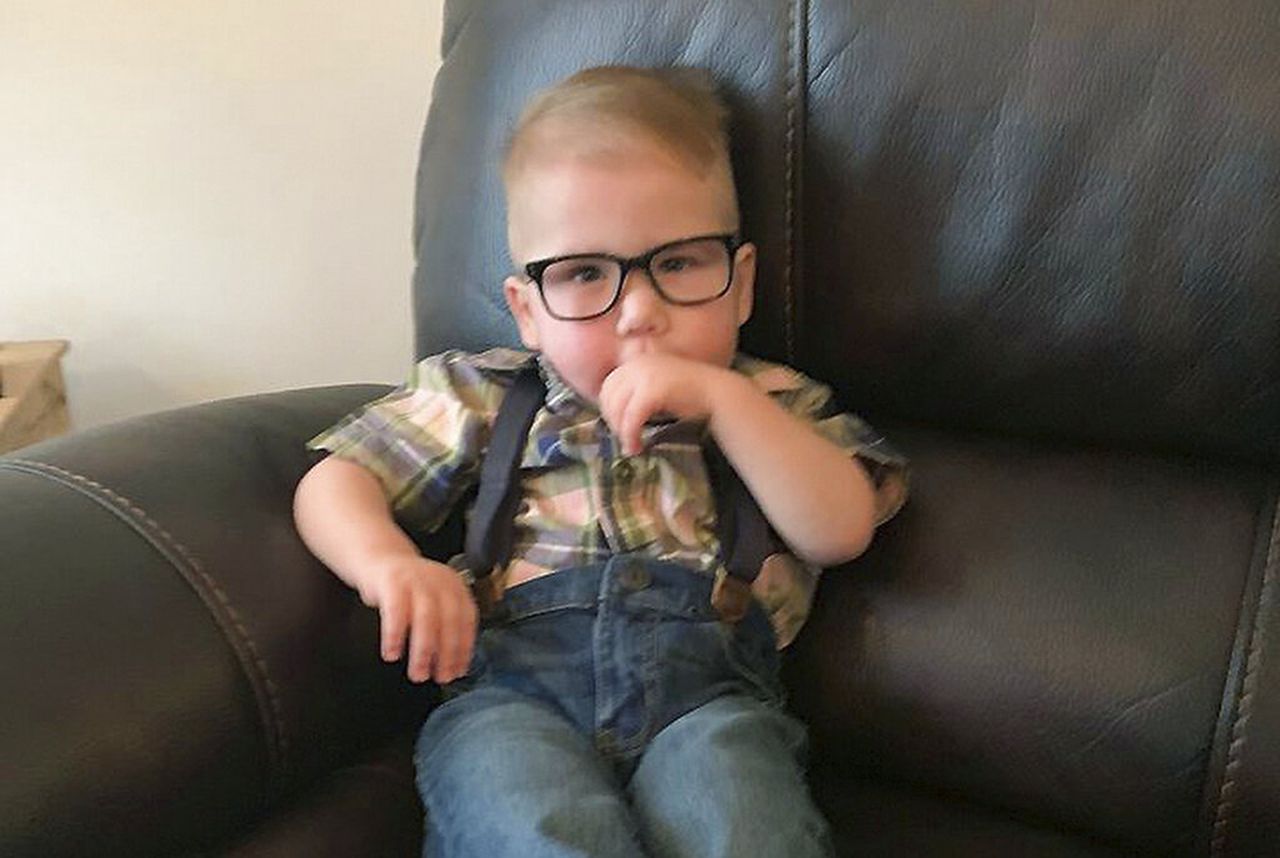The story of how a mother’s loss became our miracle
We’ve all read statistics about how many Americans are sick enough to need an organ transplant and that many of them will die without one because there aren’t enough donated organs to go around. A lot of us have a notation on our driver’s licenses that we’d like to be organ donors.
Otherwise, we’re not especially passionate on the subject. We should be, though — assuming we really do want our organs to be harvested right after we die — so that our next of kin will have no doubts about our wishes. They’ll know what to say if faced with that decision.
I hope the story I’m about to tell you will help you decide several things: that you do want to be an organ donor; that in addition to indicating your decision on your driver’s license, you’ll tell relatives and close friends that that’s what you want; and that, if you ever find yourself in the shoes of the family member who has to authorize the removal of a dead relative’s organs, you’ll have the courage to do it.
Two years ago, my brother was slowly dying. His pulmonary fibrosis had progressed to the point that each time we spoke on the phone — he in Pennsylvania, I in Alabama — he was a little more breathless.
Two years ago, a woman in another state had a son — her only child — who was in his early 20s. The son had a girlfriend, a job he loved, and hobbies that included music and dancing. He was handsome and vivacious. Life was good.
My brother was already undergoing tests to determine his eligibility for a lung transplant when, in mid-April of 2021, his condition deteriorated to the point that he had to be hospitalized. And there, lying in bed and hooked up to oxygen, he waited — first to be cleared for the surgery, and then to see if doctors could find a suitable donor lung.
Toward the end of that same month, the woman’s vibrant young son was killed in an accident, and her world and mine collided.
In her world, after the accident she and her family talked with doctors and among themselves, and then made a monumental decision. In my world, because of their decision, my siblings and I soon celebrated our brother’s successful lung transplant surgery.
Because the woman said “yes” to organ donation, my brother breathes normally again. He walks and talks normally again. A college professor for more than 30 years, he has resumed teaching his political science classes. He goes to the opera. He gets together with friends.
He’s careful about what he does and where he goes, of course, and he takes anti-rejection drugs, wears a face mask and follows his doctors’ advice so that he will not squander the woman’s gift.
Like most Americans, I know a little about organ donation — but only a little. I know that the privacy of donors’ families and organ recipients is carefully guarded and that those who want to communicate do so through a third party.
That’s how my family knows a little bit about the young man whose family donated his organs: His mother and my brother exchanged letters that contained only first names and no addresses or other identifying information. He initiated the process, thanking the family for their decision, and the mother replied.
Her son was not a registered organ donor, she said, but after the accident his longtime girlfriend told her that in the preceding months, he’d said he “would want his organs to save lives.”
“It made our decision as a family a much easier decision to make during that very difficult time,” the mother wrote. After describing her son’s smile, talents, job and outgoing personality, she added:
“I know that he would have done great things with his life. In the end, I suppose he still did. We are thankful that he was able to give you and your family the miracle you needed and we pray for your continued healing.”
She closed her letter with “Warm regards” and signed her and her husband’s first names.
When my brother shared her letter the other day, I knew what I had to do: Tell his story and theirs, in hopes that more of us will say “yes” to donating our organs, and then make our wishes known, and that — if we’re ever in this woman’s shoes — more of us will find the inner strength to do what she did, at the worst possible time for her, to save someone else’s life.
There aren’t a lot of ways people can create miracles, but she found a way. May God bless her as she and her family continue to grieve, and may the rest of us be inspired by their example.
Frances Coleman is a former editorial page editor of the Mobile Press-Register. Email her at [email protected] and “like” her on Facebook at www.facebook.com/prfrances.
